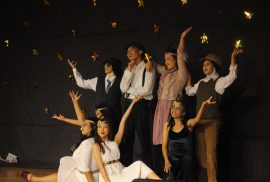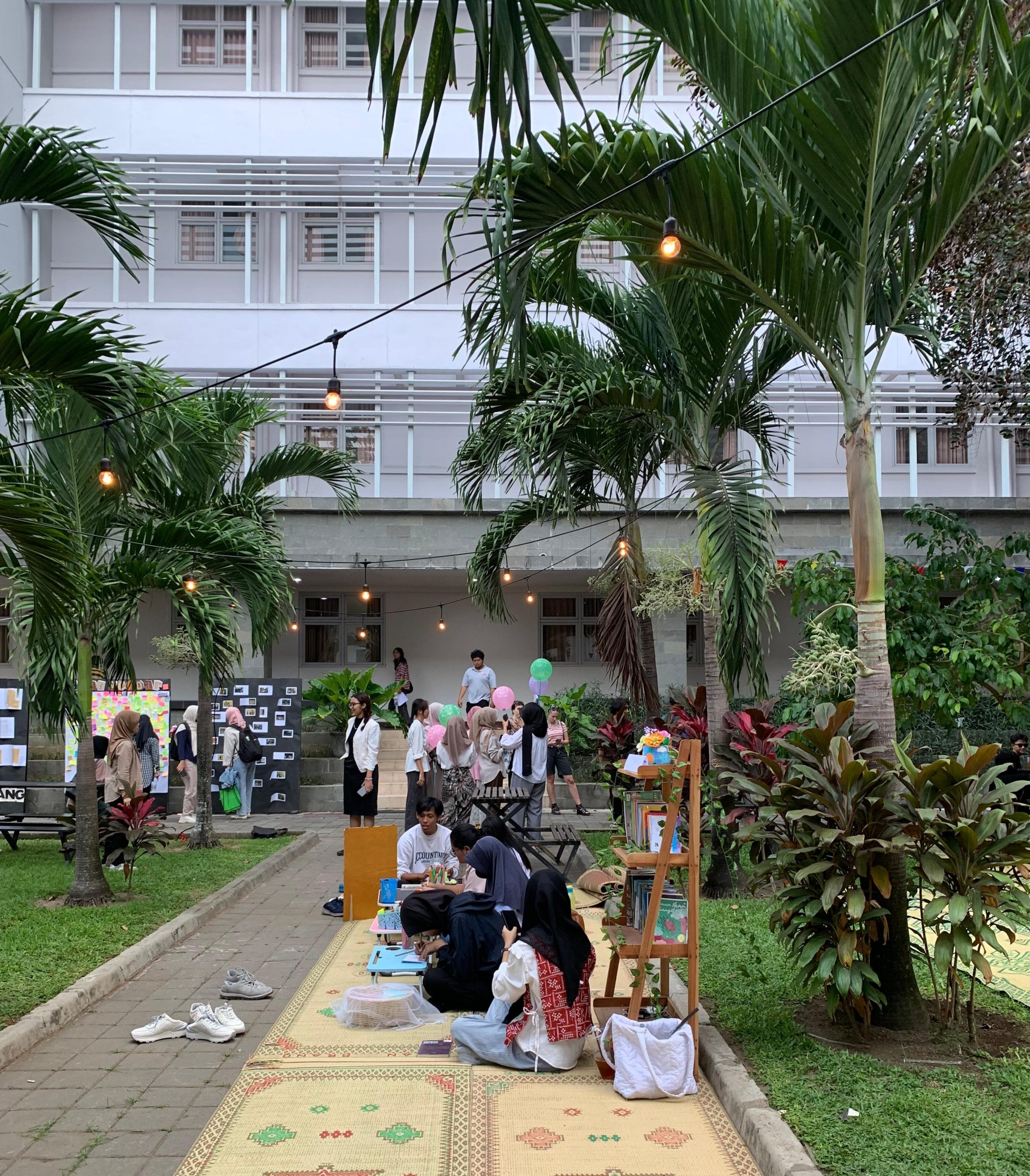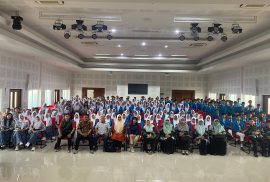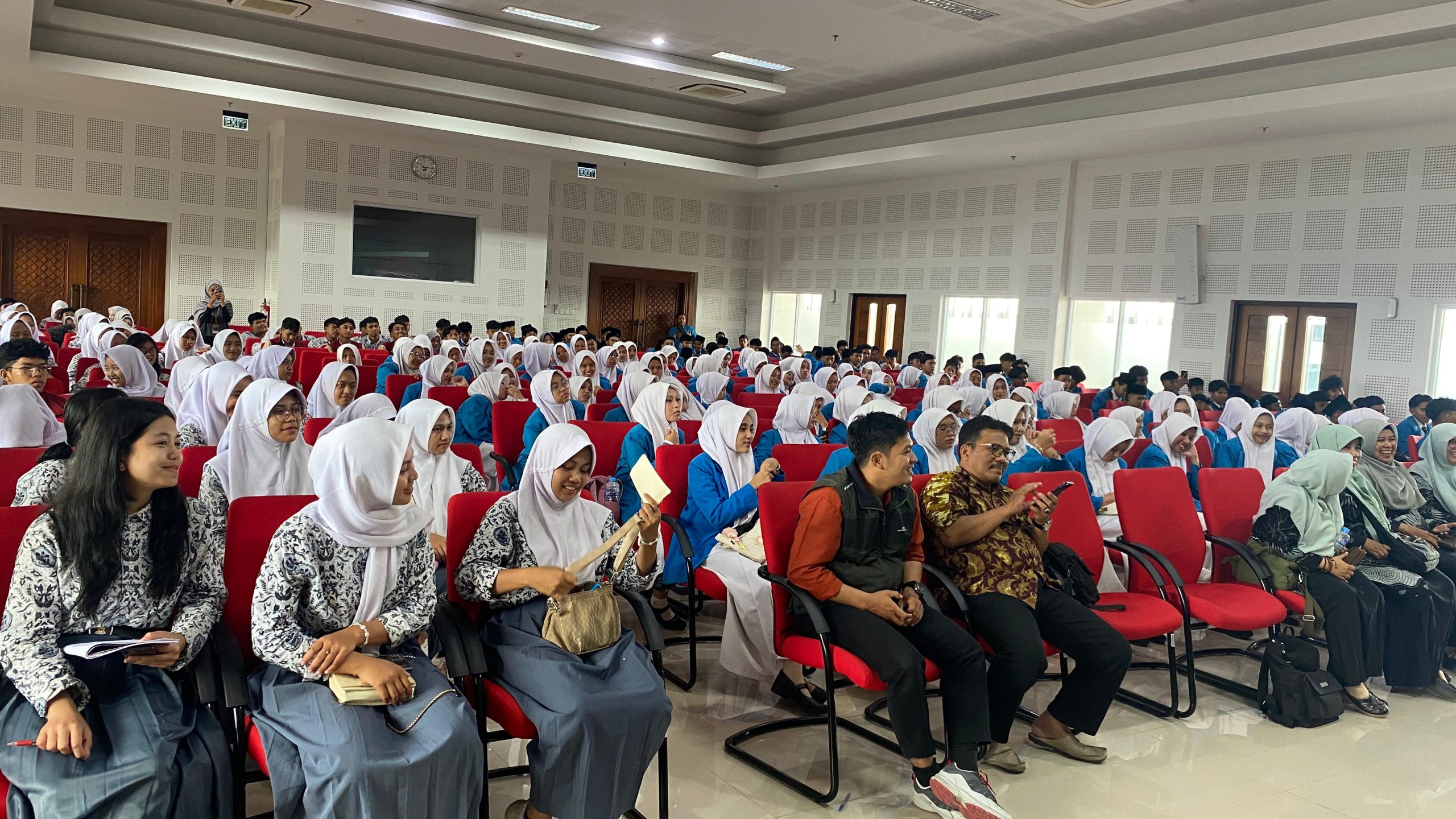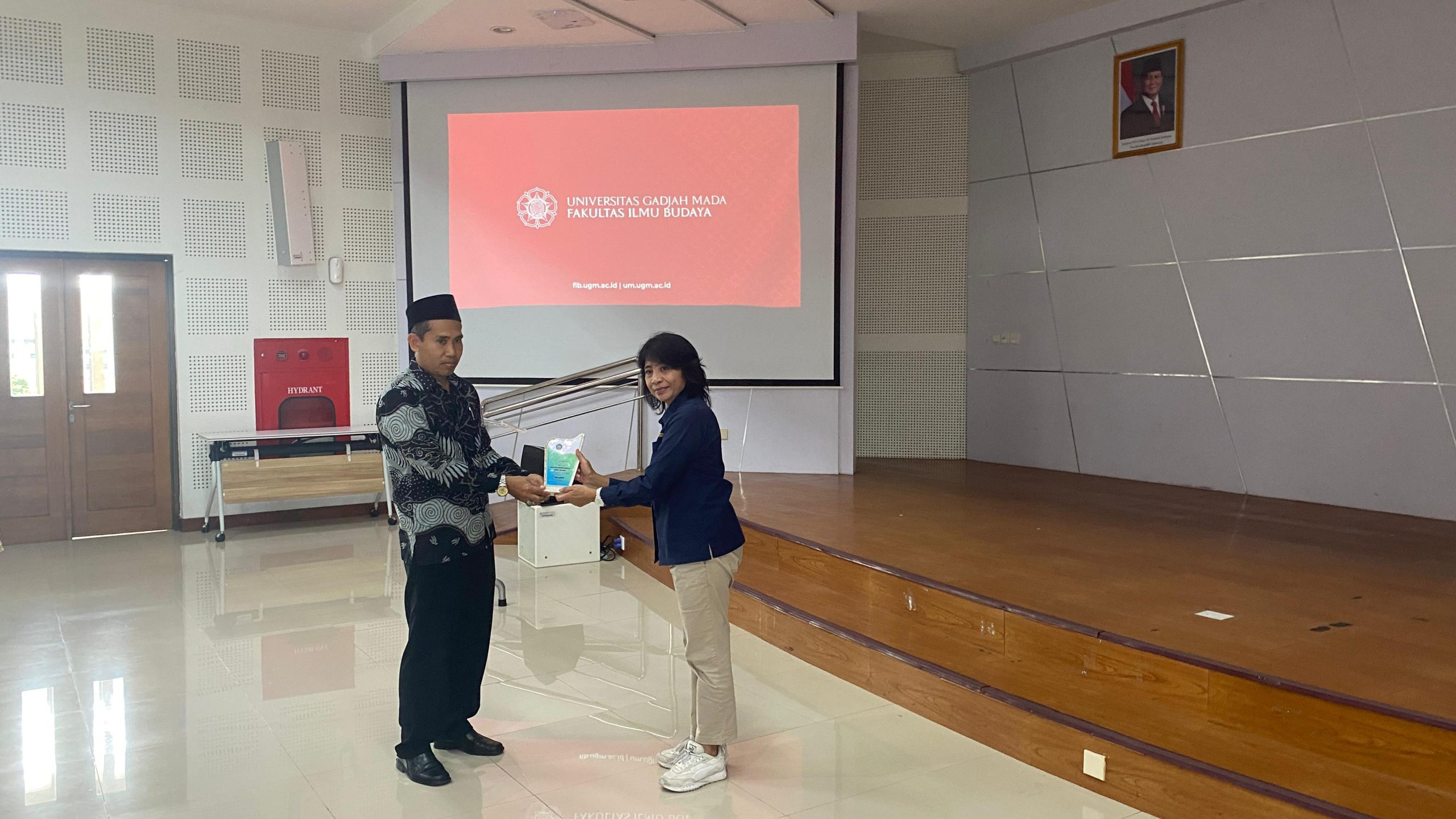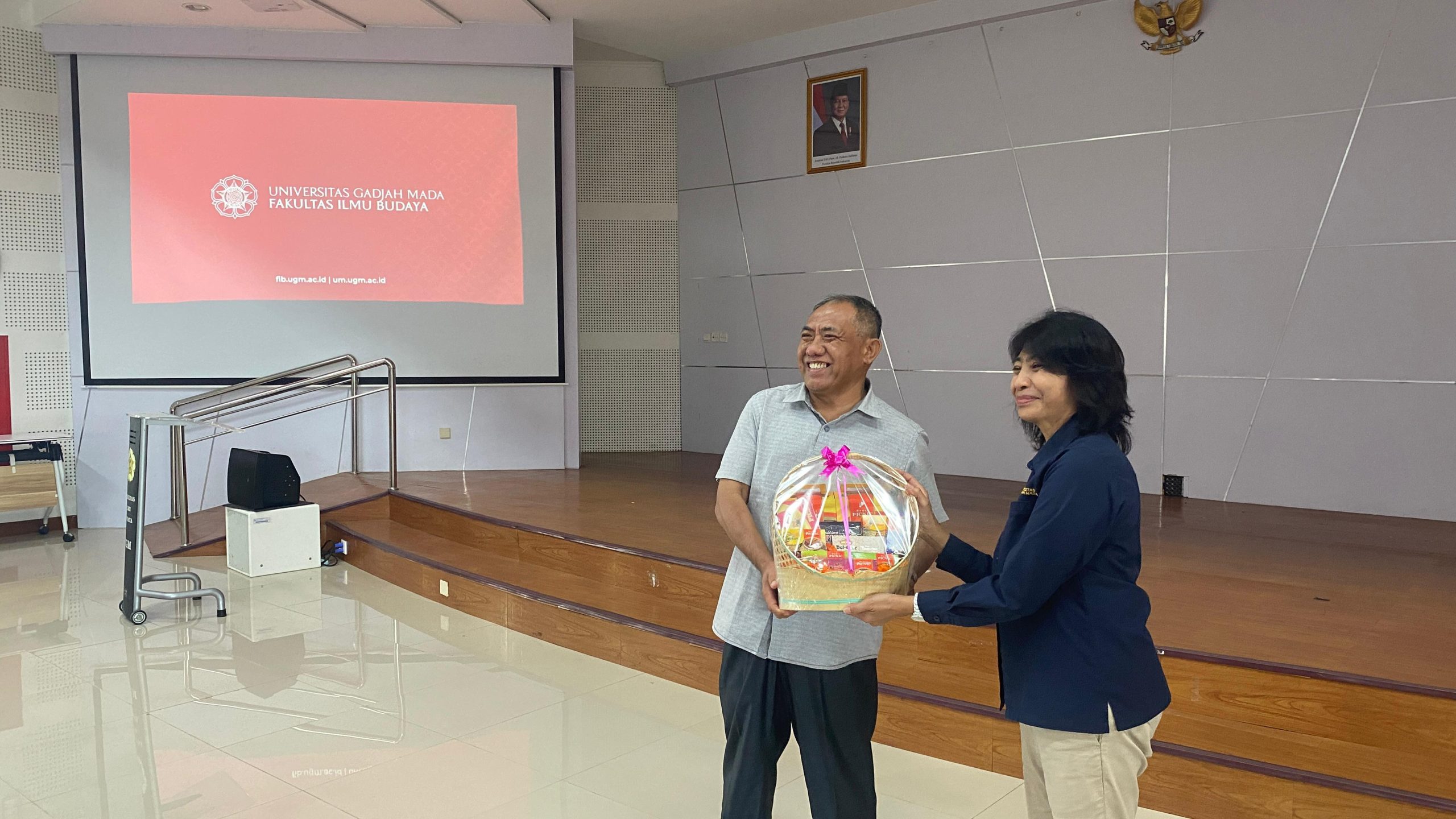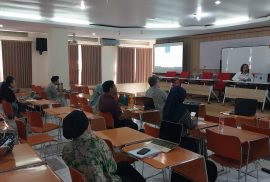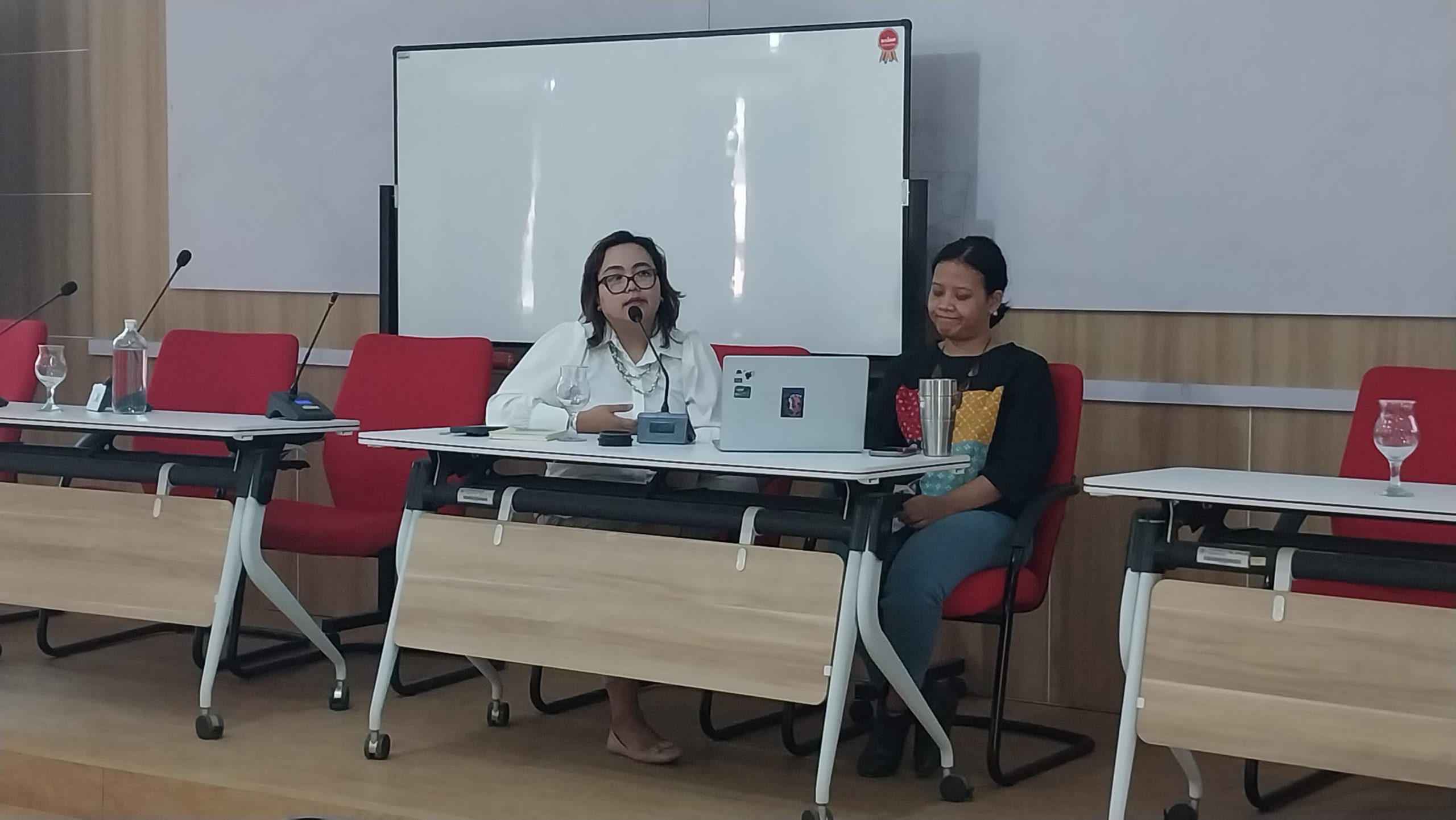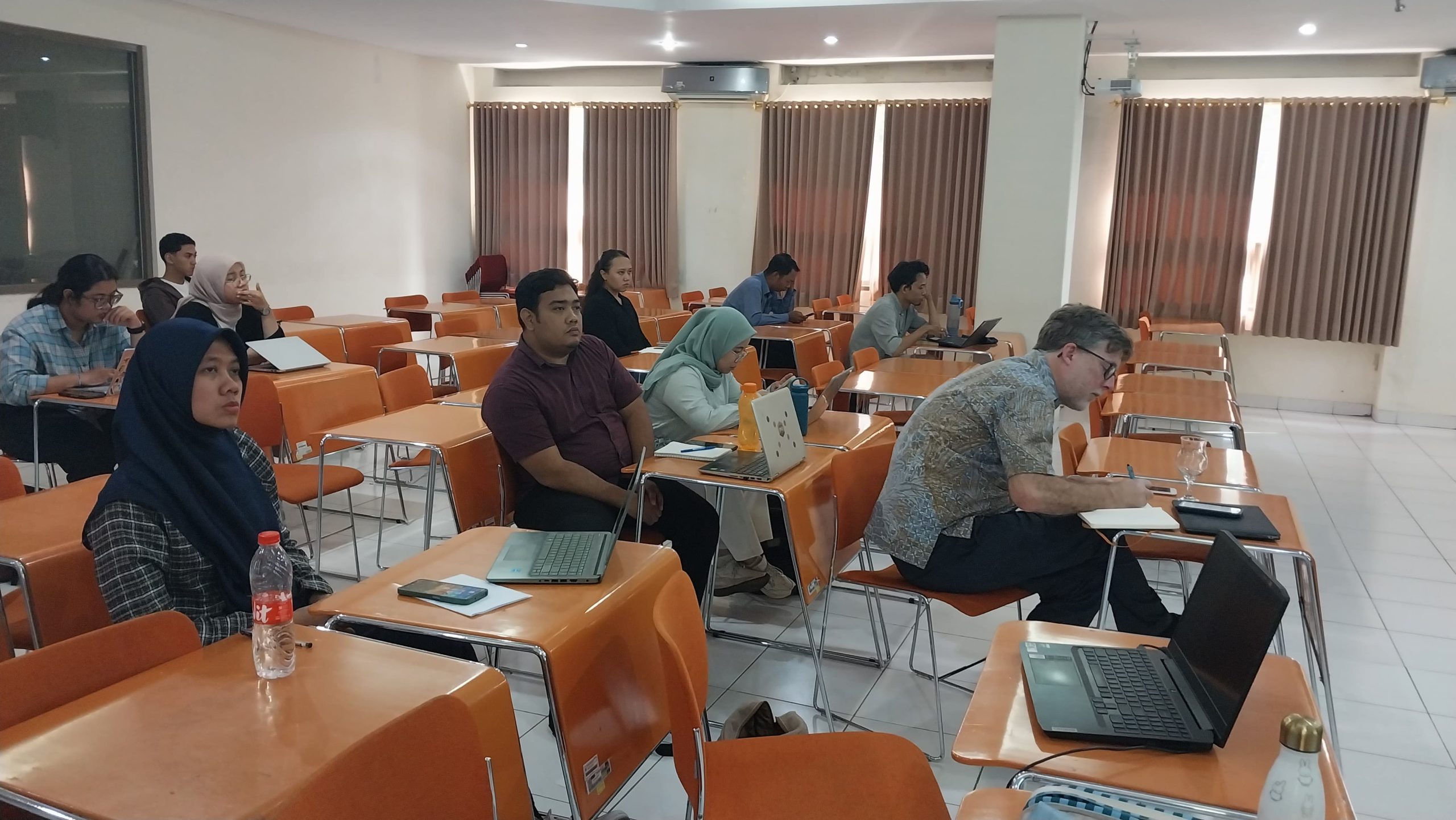Yogyakarta, Thursday, October 31, 2024. The Indonesian Literature Student Family (KMSI) of the Faculty of Cultural Sciences UGM organized the annual UGM Bulan Bahasa (Language Month) event held at the Faculty of Cultural Sciences UGM. The event, held at Soegondo Courtyard, Faculty of Cultural Sciences UGM, is open to the public and presents various activities such as Unjuk Kebolehan, food bazaar, language exhibition, Serap Book, Suar Memoar, music band performances, and others. Of the various activities, one of the activities that attracted the attention of visitors because of its uniqueness was a board with pasted paper containing writings of hope called, Suar Memoar.
The Suar Memoar board is displayed in the hallway and front yard of the Soegondo Building, with the aim of attracting the attention of general visitors. On the Suar Memoar, students and visitors can write their hopes and stories by writing on sticky notes which are then attached to the board. A number of papers containing hopes, dreams, complaints, and motivational messages, written by students and visitors. This is unique, because the Suar Memoar board does not only contain papers on one board, but also on several other boards, so that Suar Memoar becomes one of the favorite objects during Language Month.


